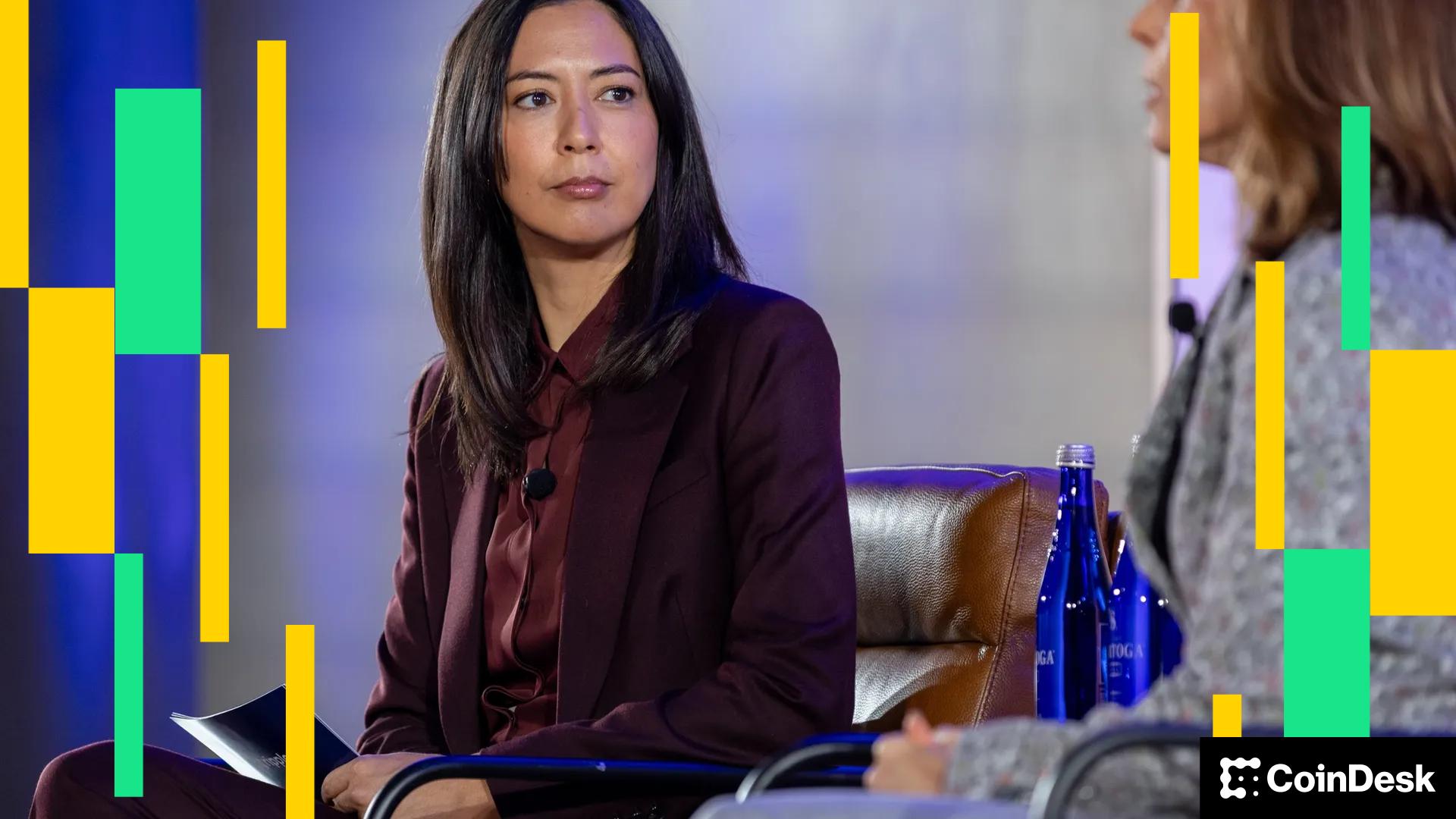Ripple’s stablecoin, RLUSD, has surpassed $1 billion in market capitalization less than a year after its December 2024 launch.
The milestone makes RLUSD the 10th largest U.S. dollar-backed stablecoin by market capitalization, according to CoinGecko data. Issued by XRP creator Ripple, RLUSD is backed by dollar reserves and short-term US Treasuries, and is designed to be integrated into Ripple’s broader payments and liquidity infrastructure.
Although RLUSD’s market cap remains small compared to the industry’s two dominant players – Tether’s USDT at $183 billion and Circle’s USDC at $76 billion – its rise signals strong early demand. The circulating supply of RLUSD is currently split between $819 million in tokens on the Ethereum blockchain and $203 million on the XRP Ledger network, according to data from RWA.xyz.
Most stablecoins took years to reach the $1 billion mark, and the rapid rise of RLUSD suggests that Ripple has been able to leverage its existing customer base and global financial network to accelerate adoption. The company marketed the token primarily to institutional clients looking for stable on-chain settlement options, but notable traction among retail users contributed to its rapid growth.
Monica Long, president of Ripple, told CoinDesk in an interview that demand for the company’s payment services has increased. Ripple has processed nearly $100 billion in payment volume to date, and RLUSD is the “primary stablecoin” used for payment flows, she added.
“We doubled the number of customers throughout the year,” Long said, adding that Ripple now holds more than 75 global licenses.
Ripple has embarked on an acquisition spree this year, buying four companies to round out its digital asset offering for institutions and businesses. It acquired prime broker Hidden Road, now Ripple Prime, for $1.25 billion, and stablecoin payments firm Rail for $200 million, with the latest targets being treasury technology provider GTreasury and wallet infrastructure startup Palisade.
“It’s been a really big year for us, both in terms of organic growth and inorganic growth,” Long told Coindesk. “We take all this into account [to] put all the pieces together. »
Ripple’s acquisition strategy, Long explained, is to find targets that either accelerate existing offerings, such as Palisade and Rail, adding stable payments capabilities, or help grow the business into new verticals like Hidden Road’s prime brokerage.
“We will continue to be opportunistic [with acquisitions]. We continue to have a big, really healthy balance sheet,” Long said.




